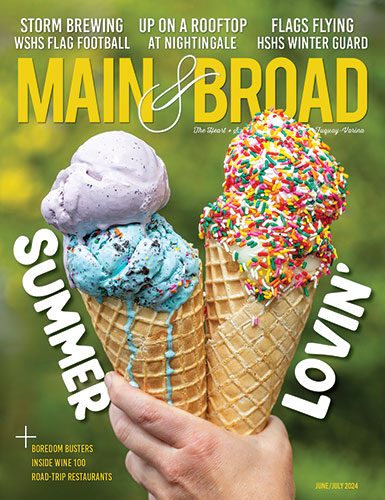Forget traffic — there’s a new thoroughfare in North Carolina, and you’re going to love it!
The Butterfly Highway, launched by the North Carolina Wildlife Federation, is a new statewide project to create a network of native pollinator plants to support butterflies, bees, birds and other pollen- and nectar-dependent wildlife.
The network will include green spaces and pollinator gardens that will connect and thread throughout North Carolina to create The Butterfly Highway.
“We began the Butterfly Highway project with several Charlotte communities that wanted to beautify their environment through planting gardens. Through the project, the communities transformed community gardens, backyard gardens, public spaces and park fragments into new pollinator and wildlife habitats,” said Angel Hjarding, director of Pollinator and Wildlife Habitat Programs.
“As we expand this effort statewide, we’ll start to fill in the map and see the connectivity of the Butterfly Highway from the mountains to the coast.”
NCWF is working with the community partners to add pollinator “pit stops,” areas that include native pollinator nectar and host plants, to residential yards, apartment balconies, libraries, community centers, parks and local businesses.
Free to Join
There is no cost to join the Butterfly Highway network and register a garden or green space as a pollinator-friendly habitat.
There is no minimum size for a garden as long as it meets the criteria and provides food and habitat for native insects and wildlife. Once a garden is registered, participants are eligible to purchase a Butterfly Highway sign for $25 to be displayed at their home, school, farm or business.
Also available for $5 are packets of custom, pollinator-friendly seed mixes that NCWF created with Ernst Conservation Seeds. Each packet covers 25 square feet and can be used to enhance backyard gardens or other areas.
Future Butterfly Highway efforts include engaging private landowners and public lands in native meadow and river restoration projects. NCWF also is partnering with utilities and other agencies to include native grasses, pollinator nectar and host plants in right-of-ways and other large tracts of land to have a comprehensive impact.
Visit the Butterfly Highway website to learn more.






